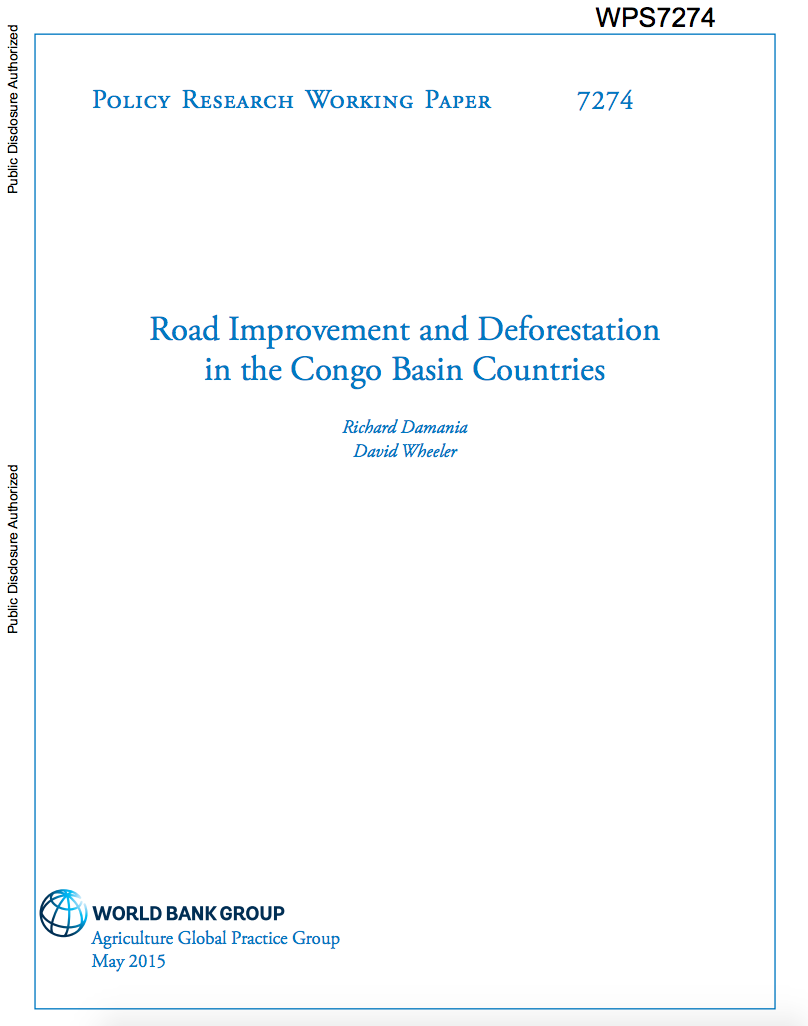Serbia
This Systematic Country Diagnostic (SCD)
aims to identify the major constraints on and opportunities
for sustaining poverty reduction and shared prosperity in
Serbia. The SCD serves as the analytic foundation on which
the World Bank Group and the Government of Serbia will
define a new Country Partnership Framework for FY2016 to
FY2020. It is based on the best possible analysis, drawing
on available evidence, and not limited to areas where the


